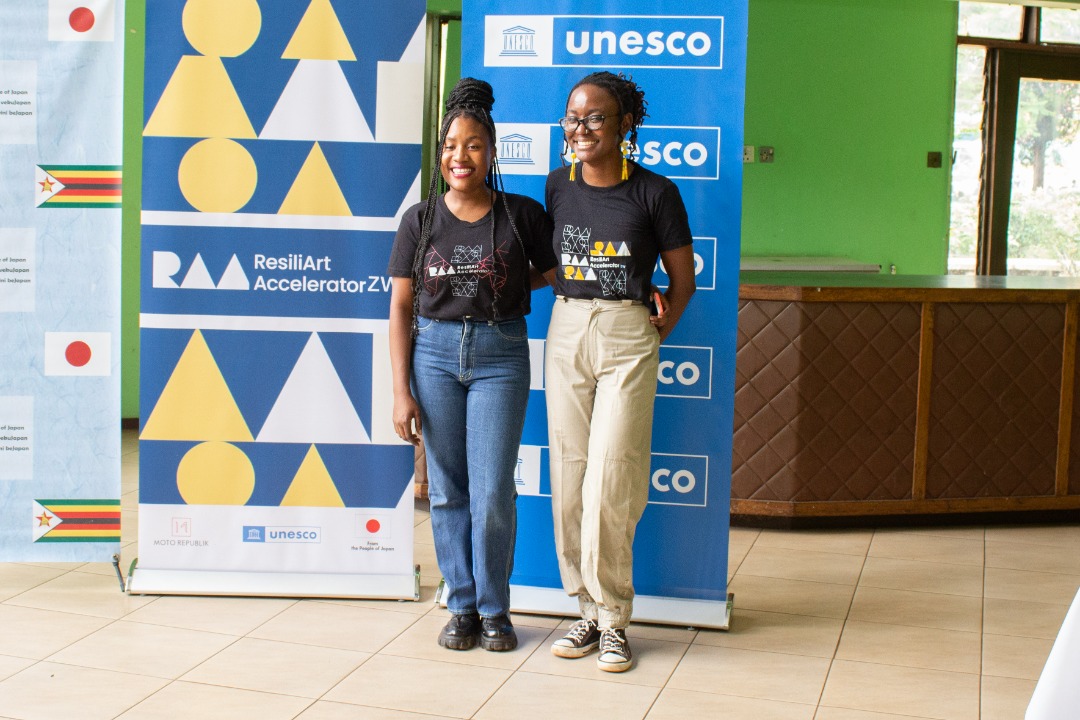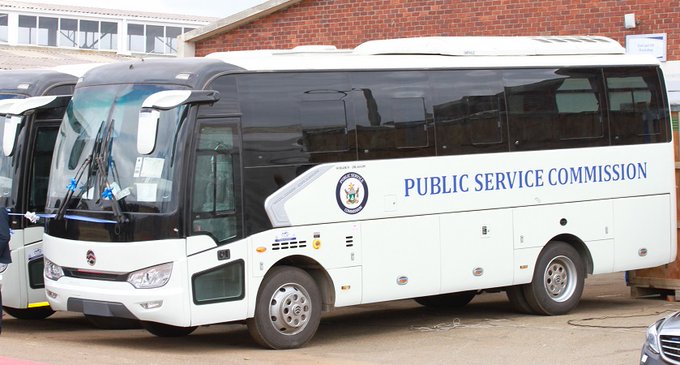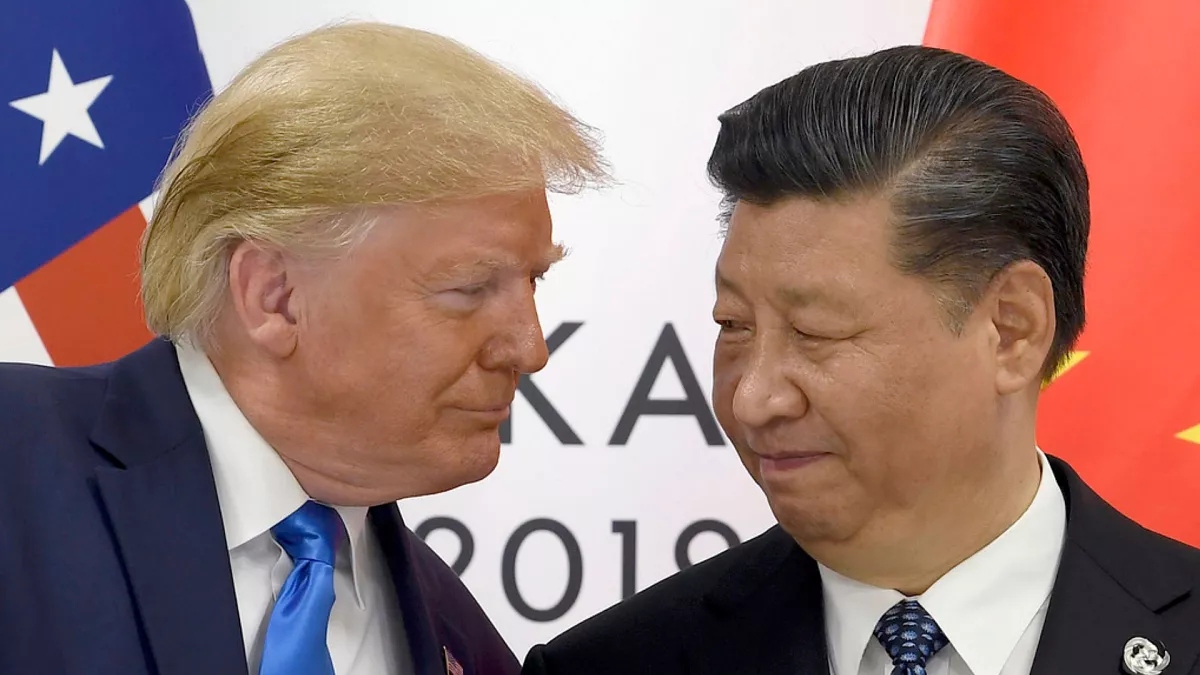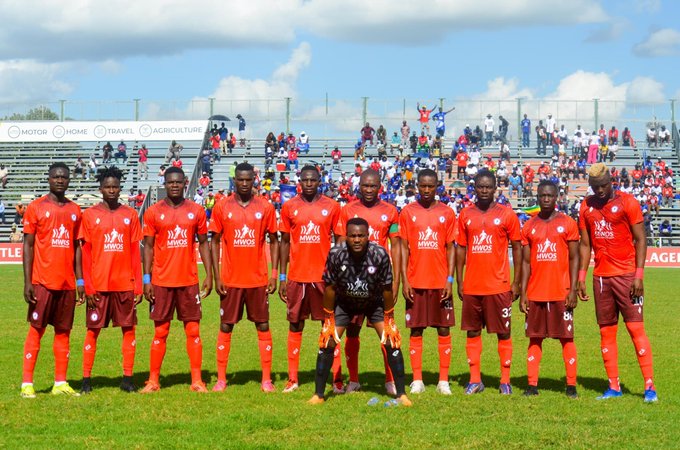HARARE – The Japanese embassy in Zimbabwe has invested US$100,000 towards empowering women entrepreneurs plying their trade in the local arts industry with aims to narrow the gender gap that continues to exist within the sector.
The initiative, dubbed ResiliArt Excalarator ZW, was a six-month pilot project implemented by UNESCO in collaboration with Motto Republic. It ran from June to December this year.
Under the project, five young women who have been in the arts industry were selected from across the country and empowered with existing creative businesses in fashion, music, spoken word, and visual arts.
Nothando Chiwanga (25), Thandokuhle Sibanda (22), Yolanda Ngwenya (27), Nancy Mutize (32) and Grace Nyahangare (25) were the beneficiaries of the project.
They received customised online mentorship and face-to-face coaching on business and financial skills from a team of local coaches and some international mentors from Africa.
Vera Chisvo, ResiliArt excalarator ZW community manager, addressing the media from the sidelines after the project’s official closing ceremony in Harare Wednesday evening, outlined the criteria used to select the beneficiaries and also the challenges faced by the pilot project during its tenure.
“The criteria that we used was that we were looking for people who had been in the industry for at least three years focusing on their level of professionalism and expertise.
“The biggest challenge is that we didn’t get as many applications as we assumed we were going to get. I think the biggest issue was that the programme was so intense.
“A lot of women couldn’t commit because they were mothers, in school, or had formal jobs, and they couldn’t commit to the intensive training programme because we would bring them in for two sessions every two weeks, then let them go home and come back after two weeks,” said Chisvo.
Women in the creative industry face a variety of challenges which include economic, socio-cultural, and social vices.
This has been noted to be contributing to the widening of the gender gap within the industry.
Despite significant progress in promoting gender equality in the creative and arts industries, cultural vices continue to permeate the digital divide, which remains a pressing concern that has exacerbated women’s disproportionate access to digital and artistic tools in the industry.
One of the beneficiaries, Nyahangare, who specialises in visual arts, praised the project for taking a positive step towards mitigating the challenges faced by women in the industry.
“The UNESCO ResiliArt Accelerator Program the first of its kind in Zimbabwe which is a Program uplifting female artists and equipping them with business skills and opportunities.
“It equipped us with knowledge of how to tackle the business side professionally with local coaches and regional mentors.
“I have personally been inspired to seek legal advice for my business to be successful and have knowledge of digital marketing among other entrepreneurial skills,” said Nyahangare.
















